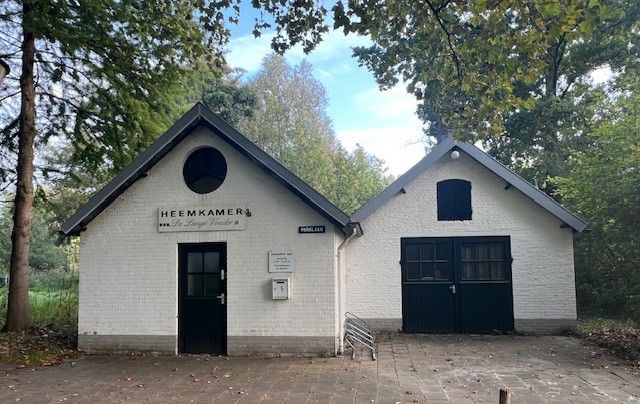Heemkundekring De Lange Vonder
Local history focuses on the past. The Beek en Donk genealogical society was founded in 1951. A permanent history and archaeology exhibition i…
Local history focuses on the past. The Beek en Donk genealogical society was founded in 1951. A permanent history and archaeology exhibition is set up in the community room on Parklaan near Koppelstraat in Beek en Donk. The room has an extensive collection of books on local history, genealogy and related subjects. They also have an extensive collection of (old) photos, especially of Beek and Donk and Beek and Donk people. The collection of mortuary cards is also interesting. All Laarbekers issued from the beginning are also present. From 1975 onwards, all newspaper clippings have been collected on matters relating to Beek and Donk and placed in the local newspapers. All this has been digitised and can therefore be quickly consulted by keywords. Finally, the Heemkamer has baptismal, marriage and burial registers, as well as the civil status registers of the former municipality of Beek en Donk. These records are also available on microfiche and can be viewed at the Heemkamer.

